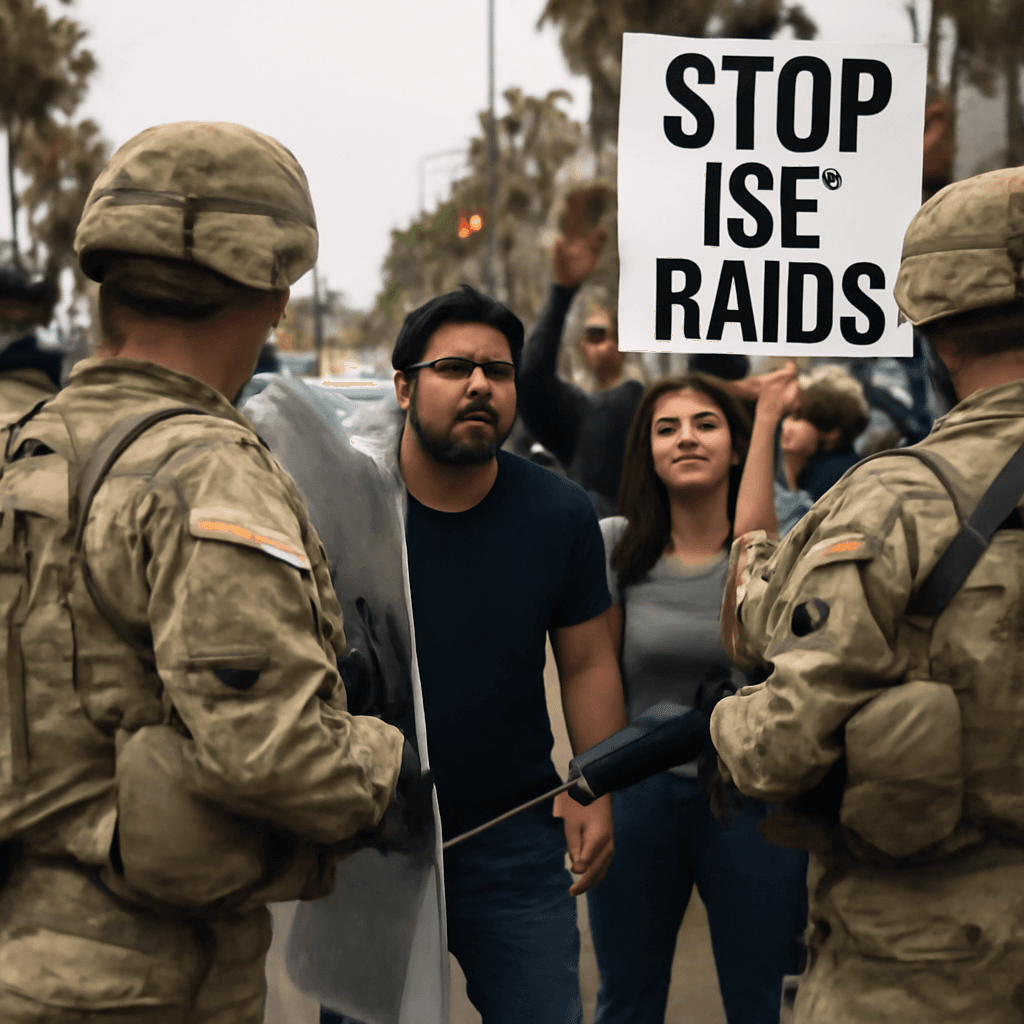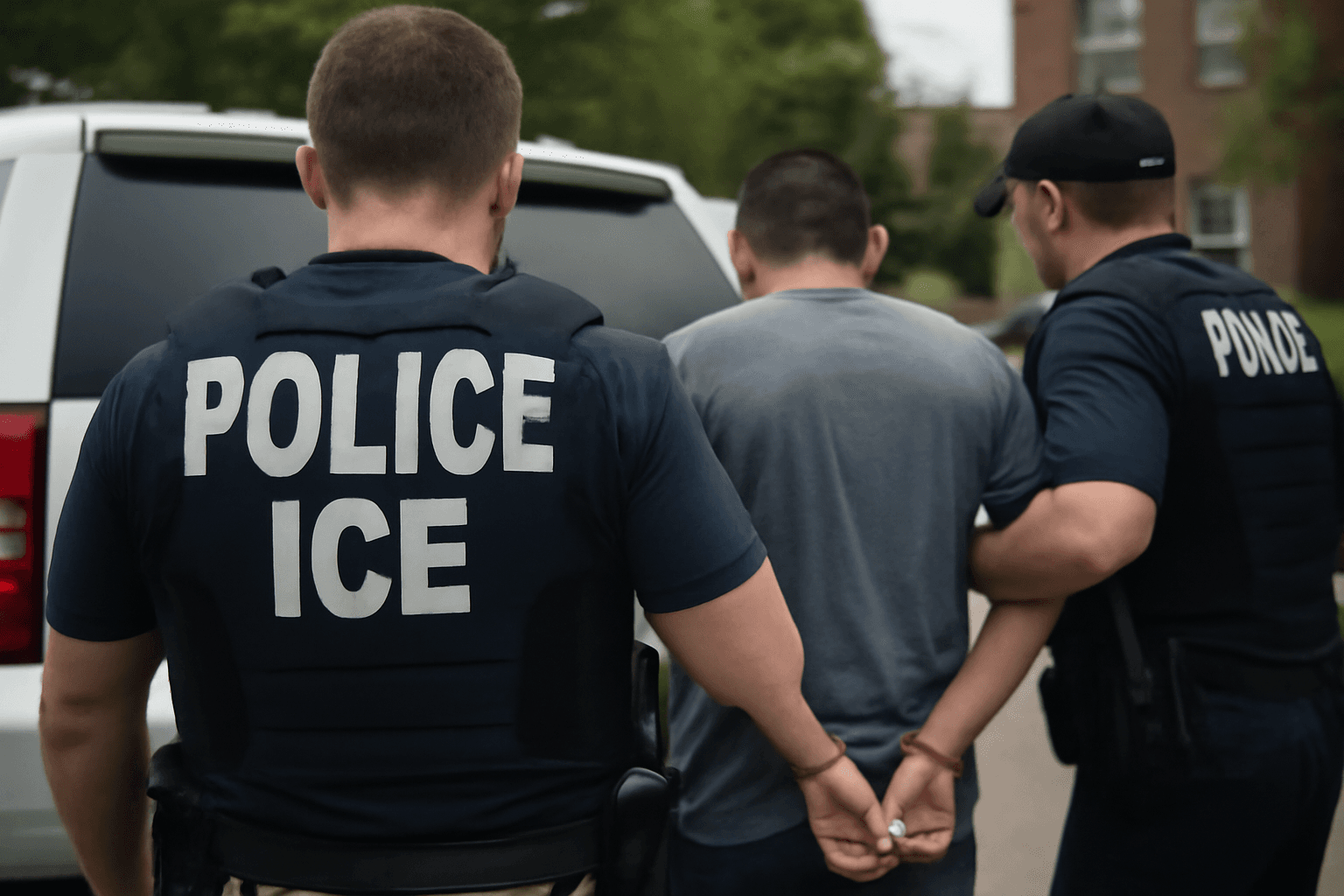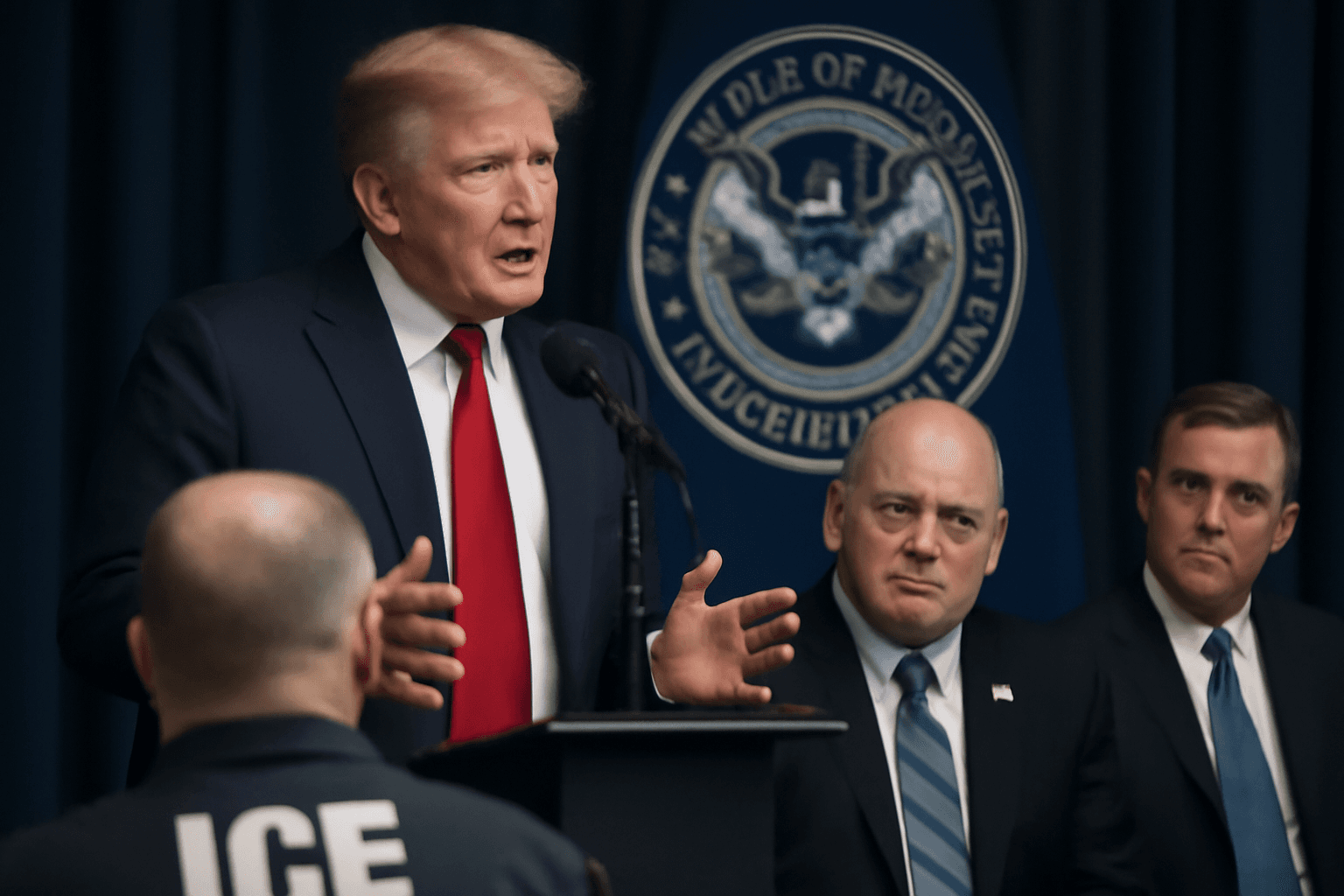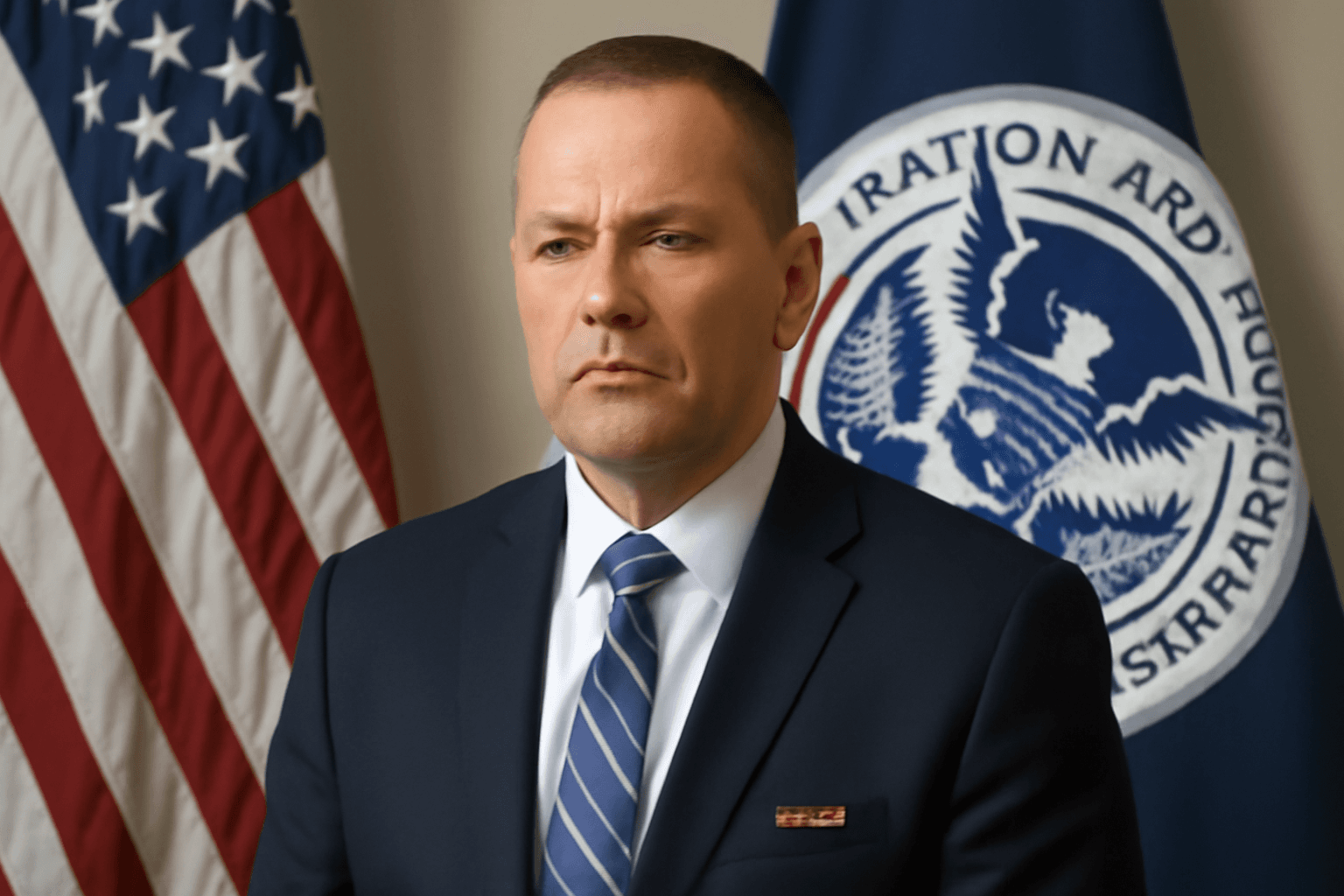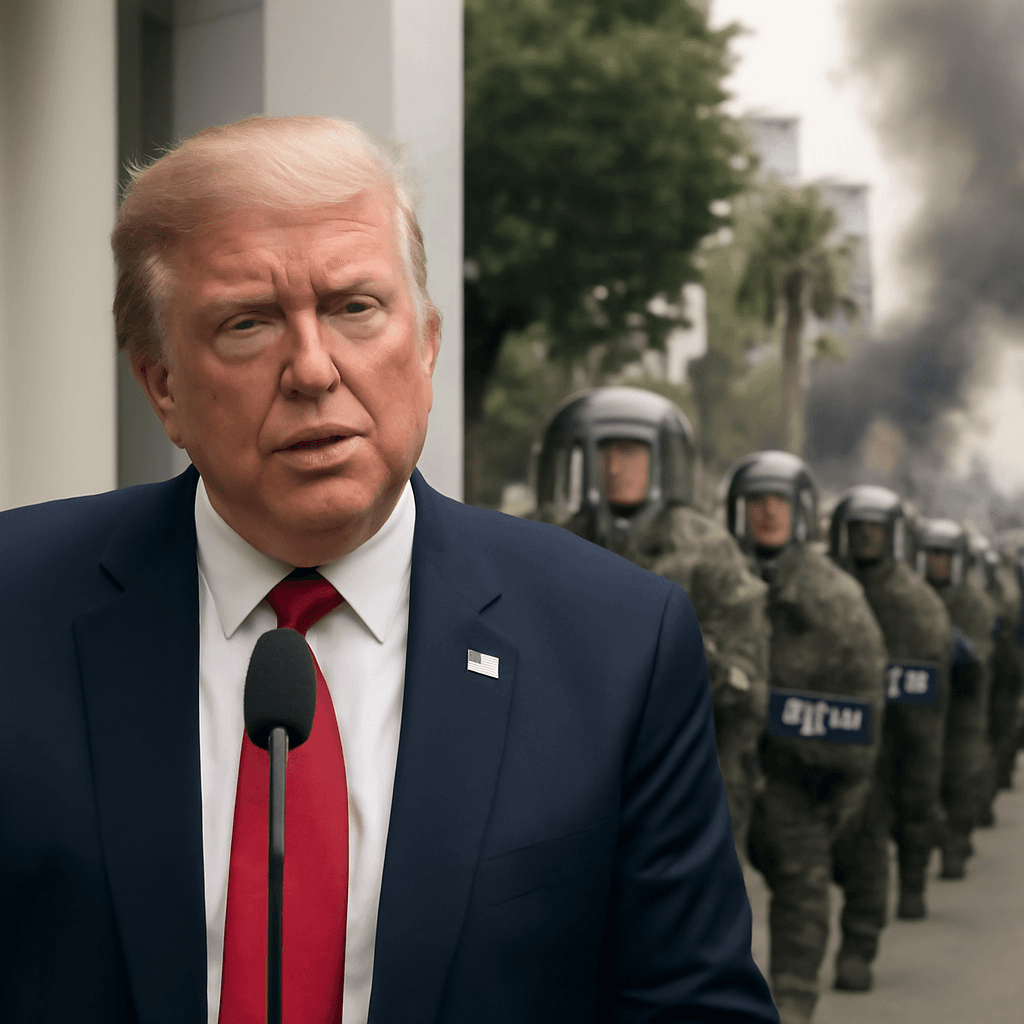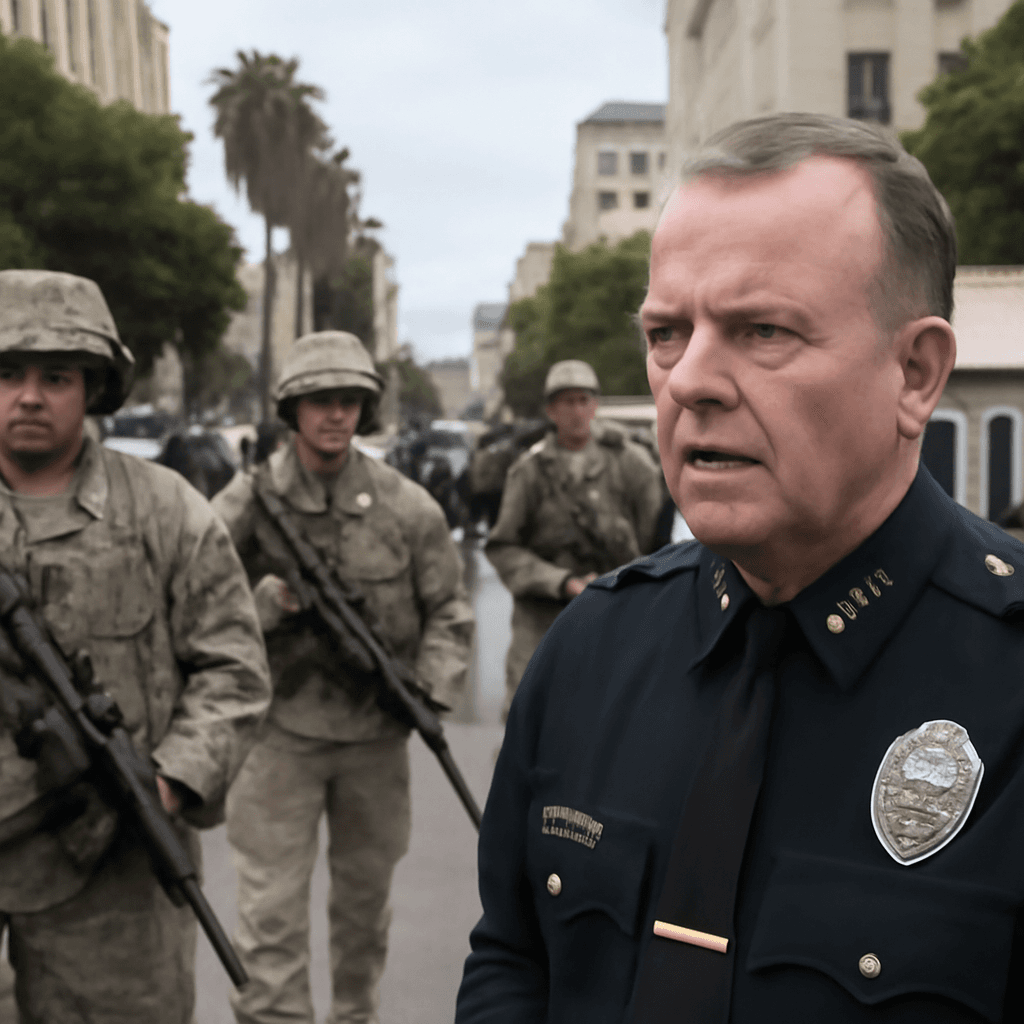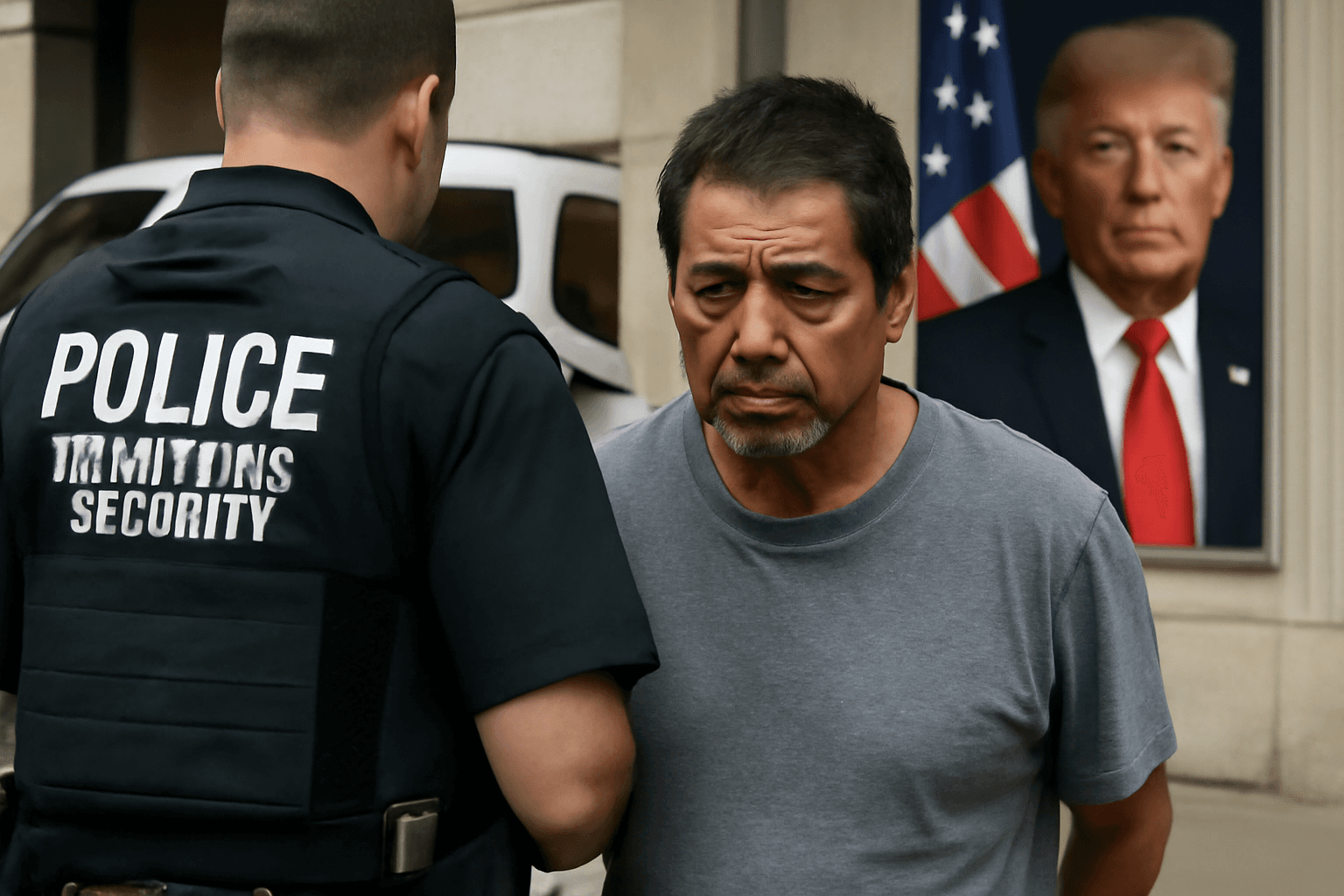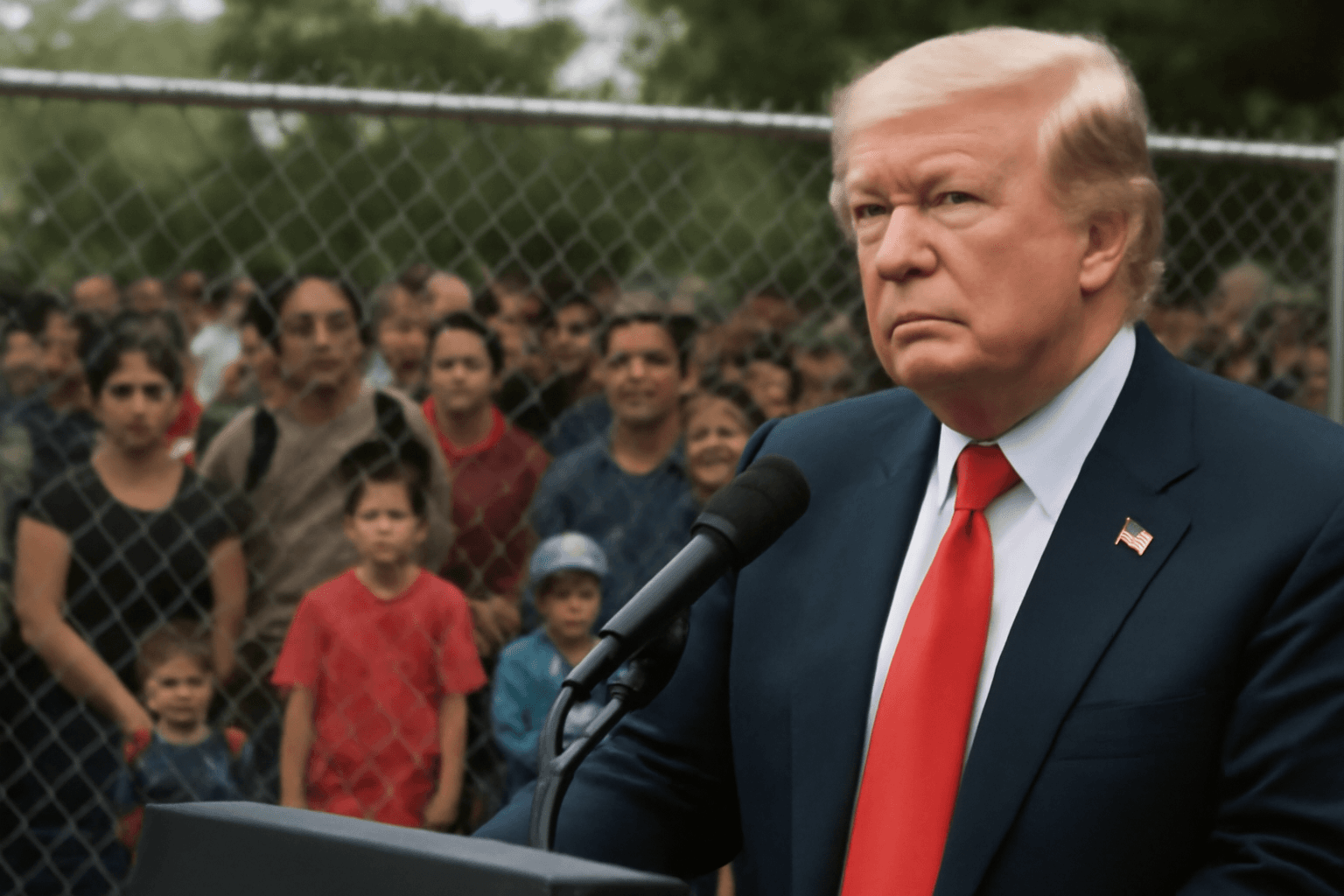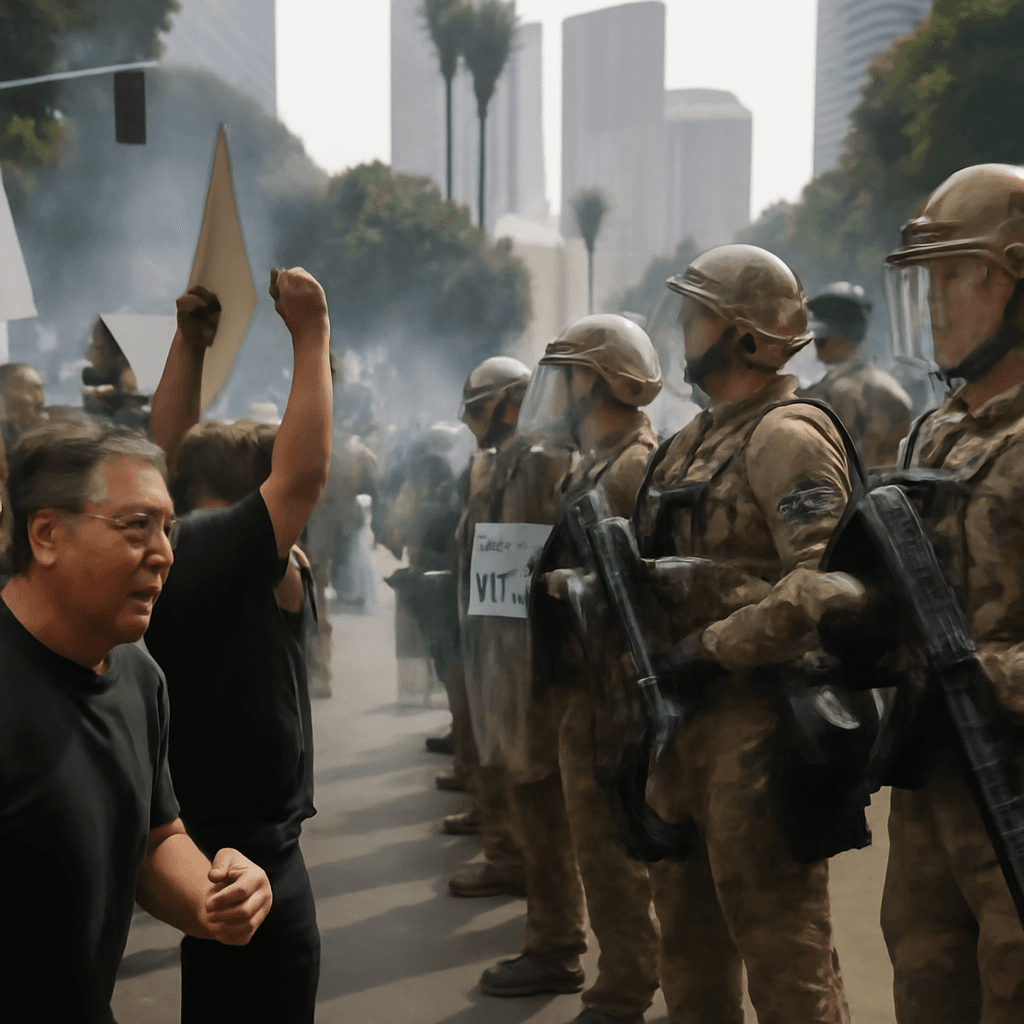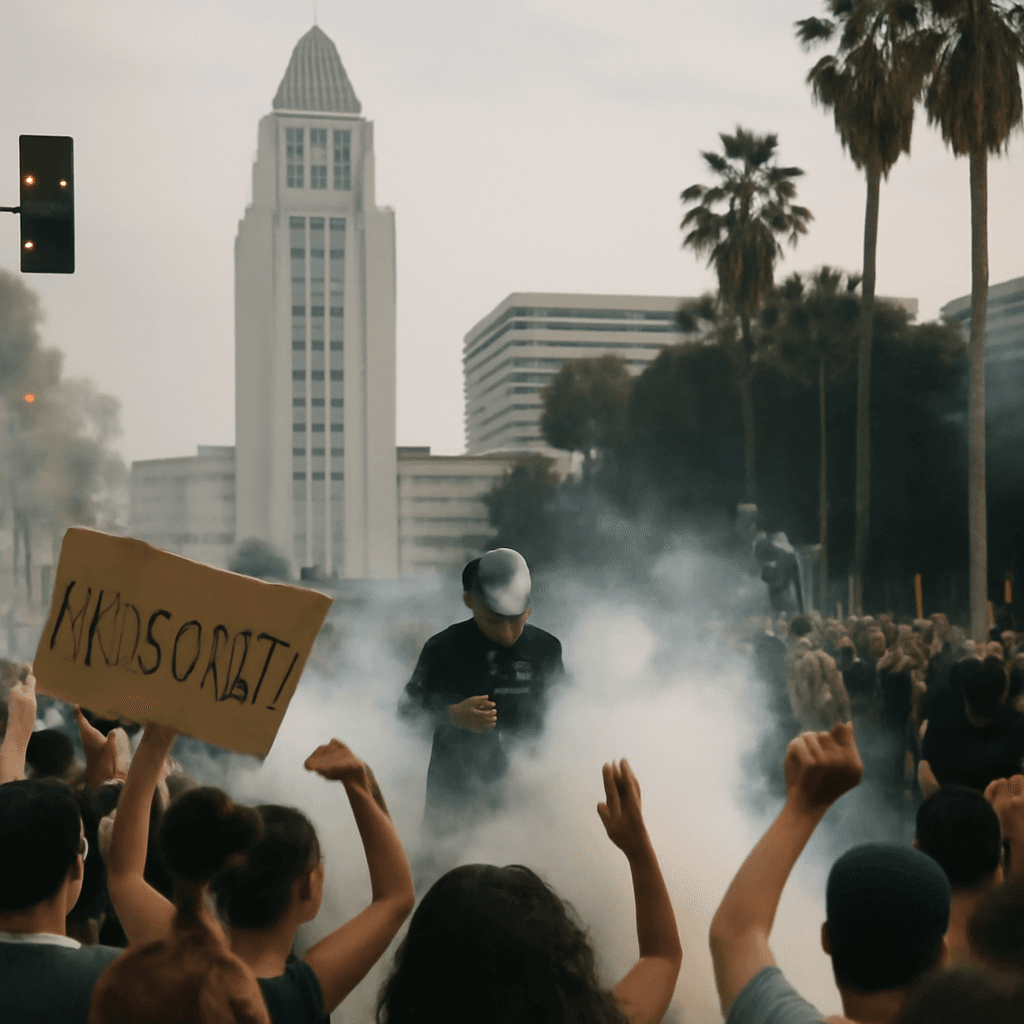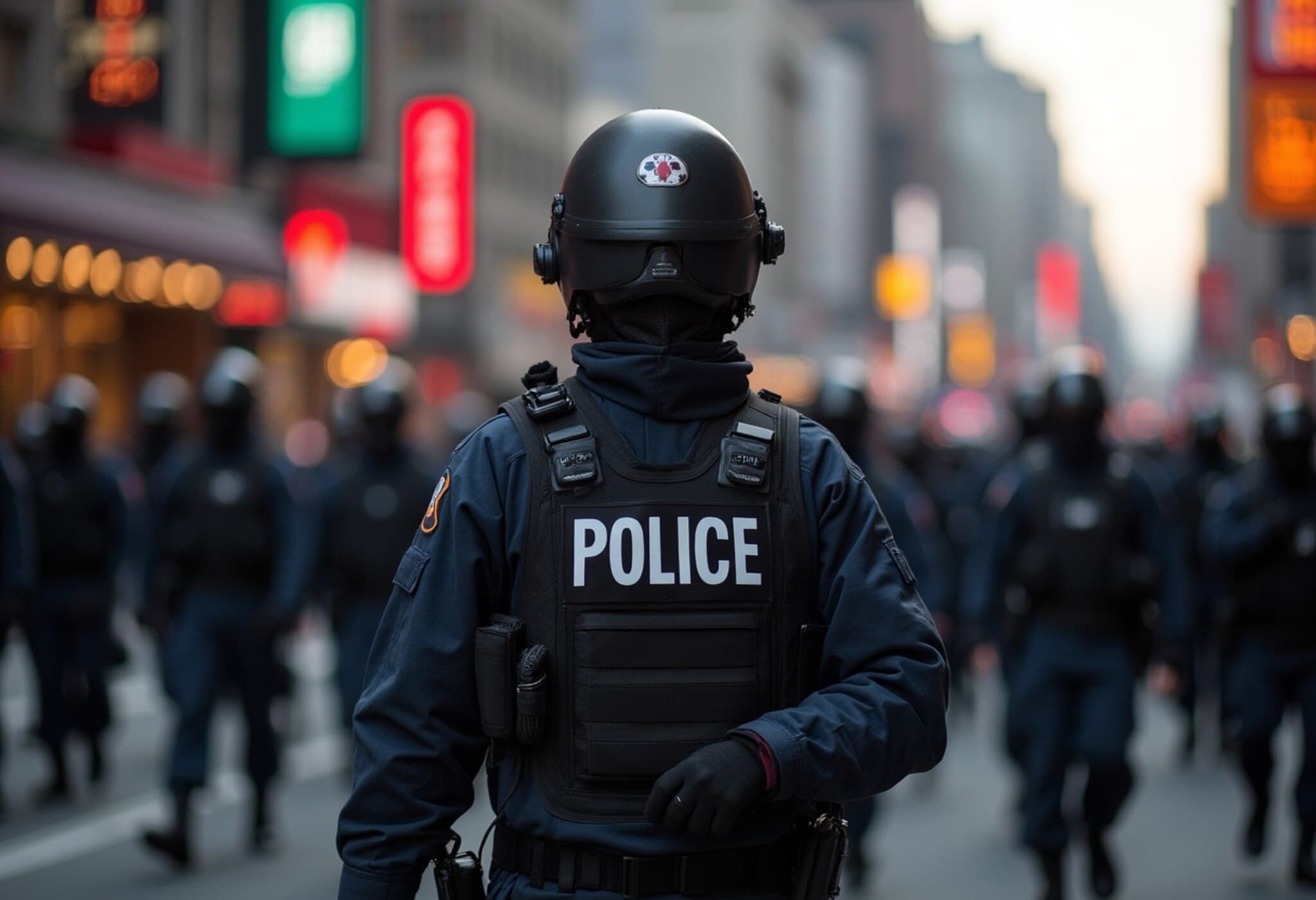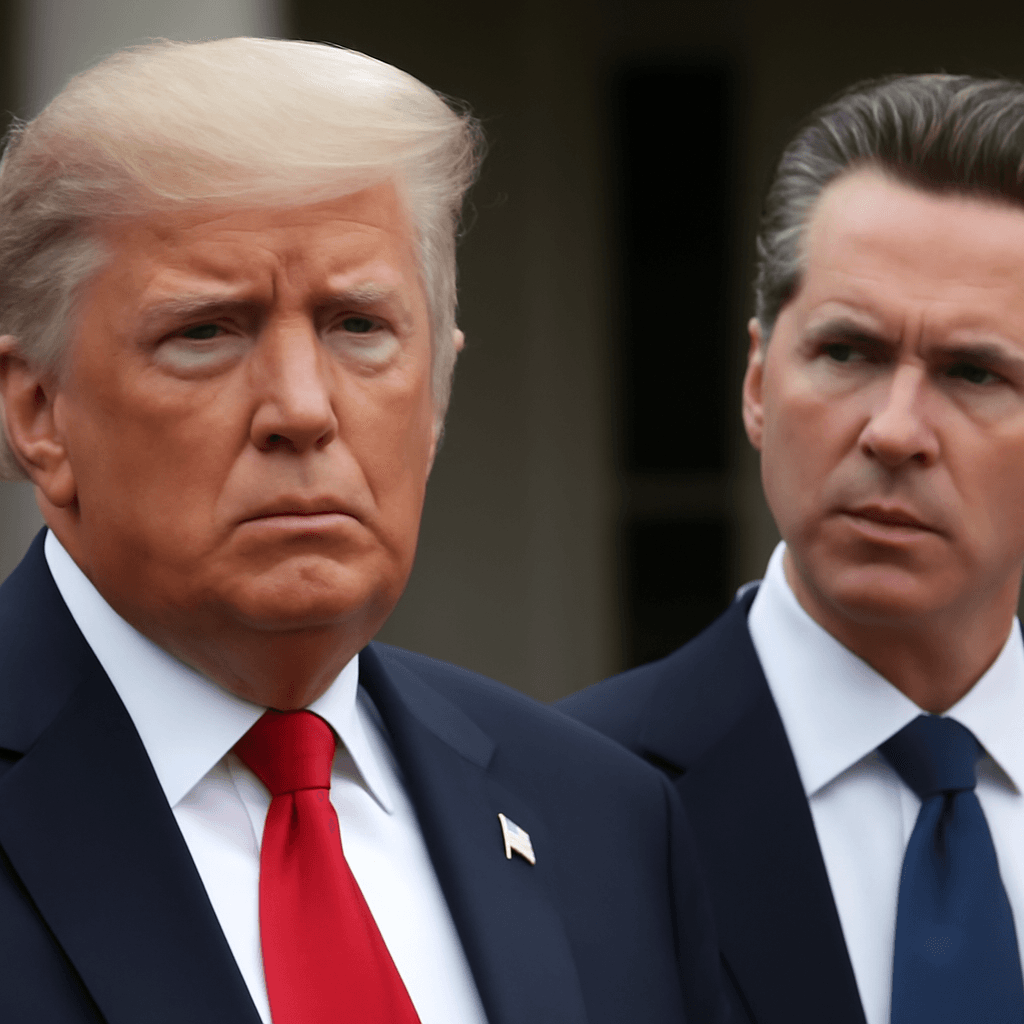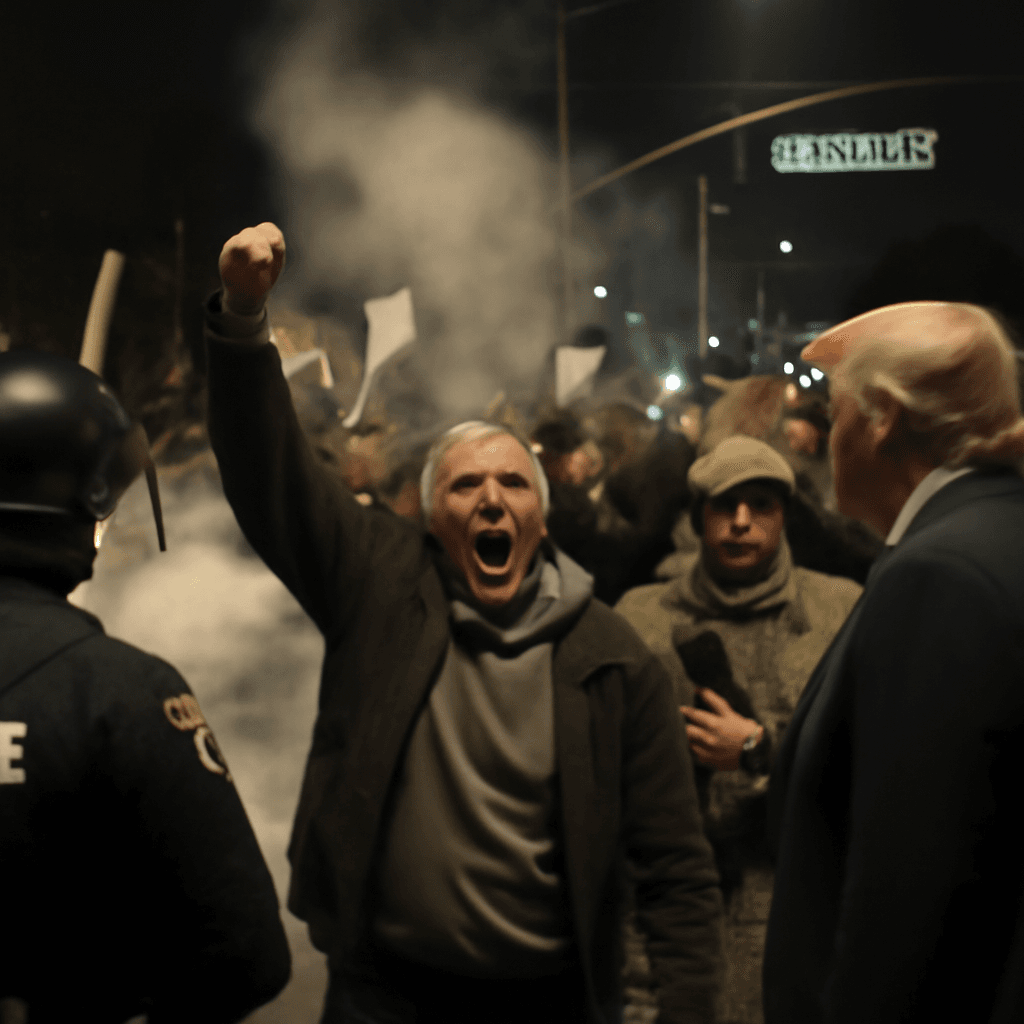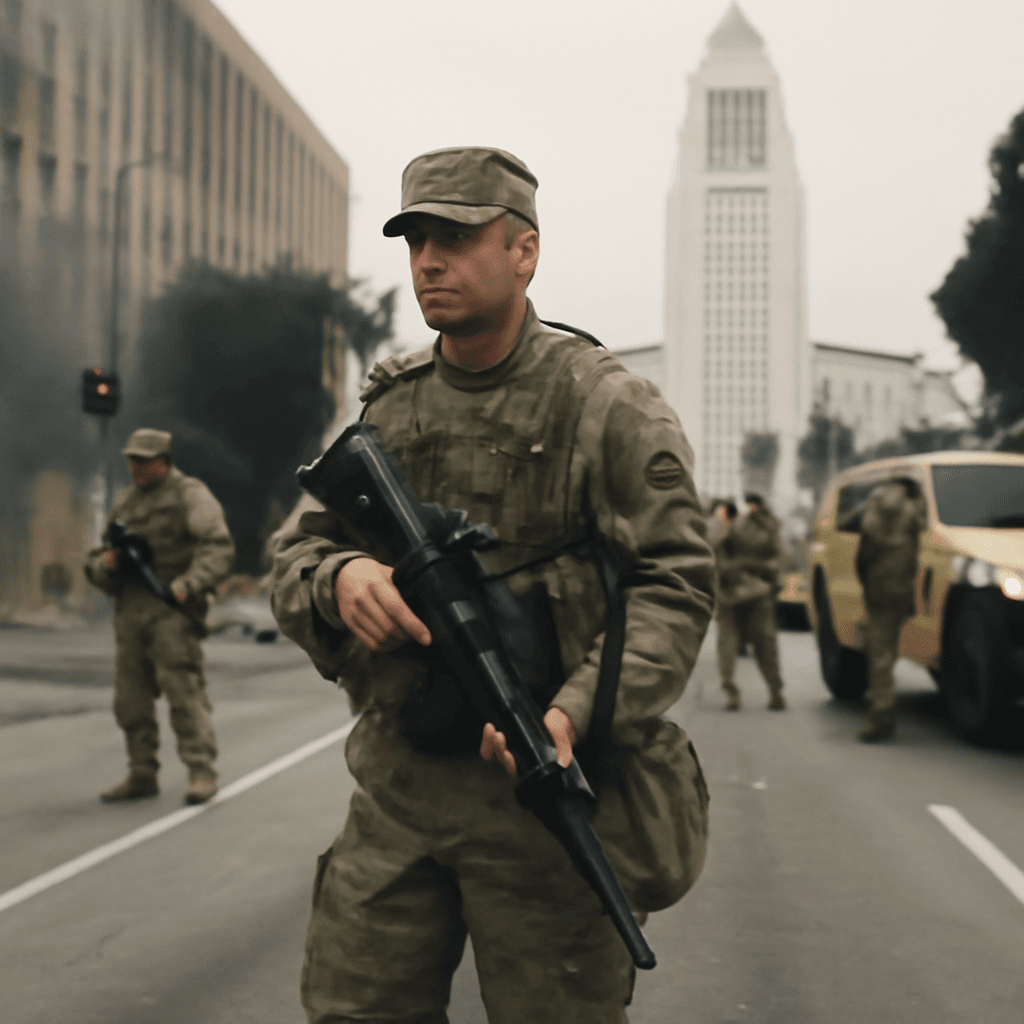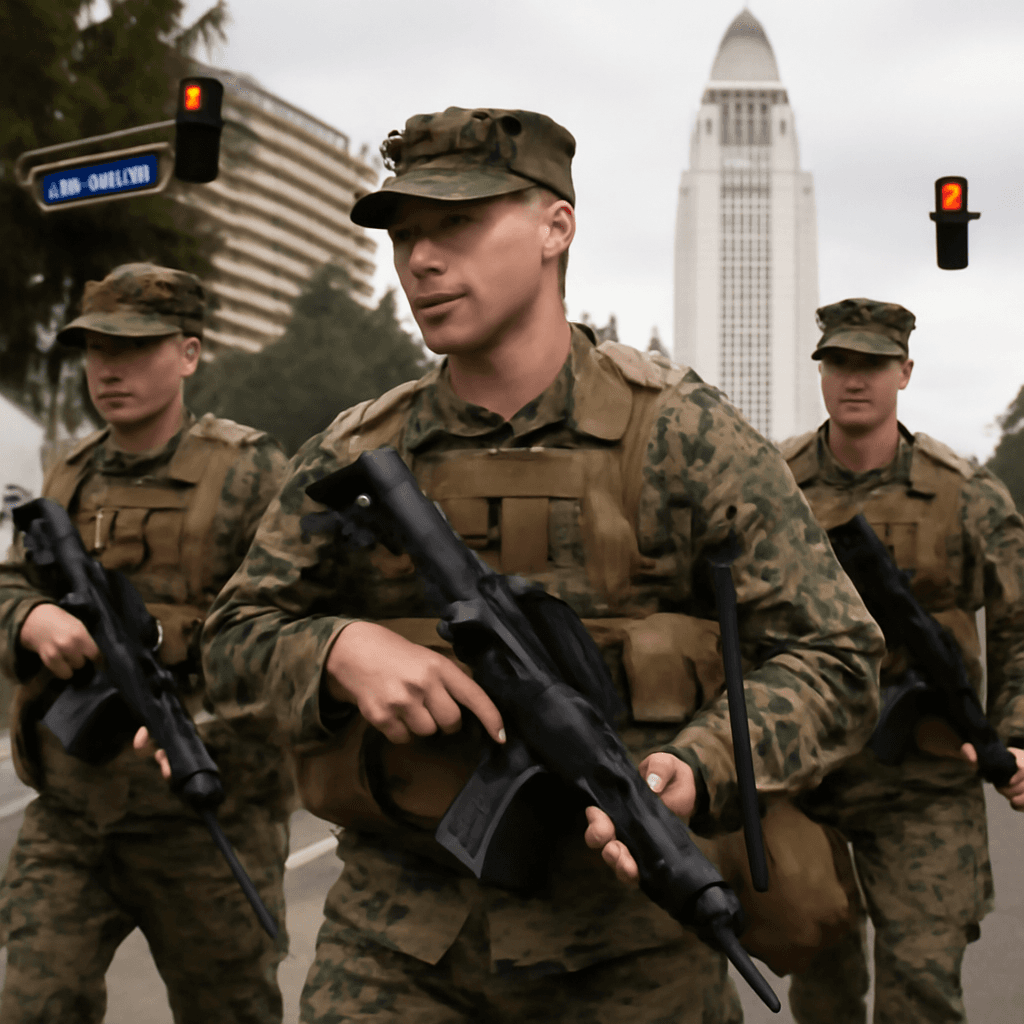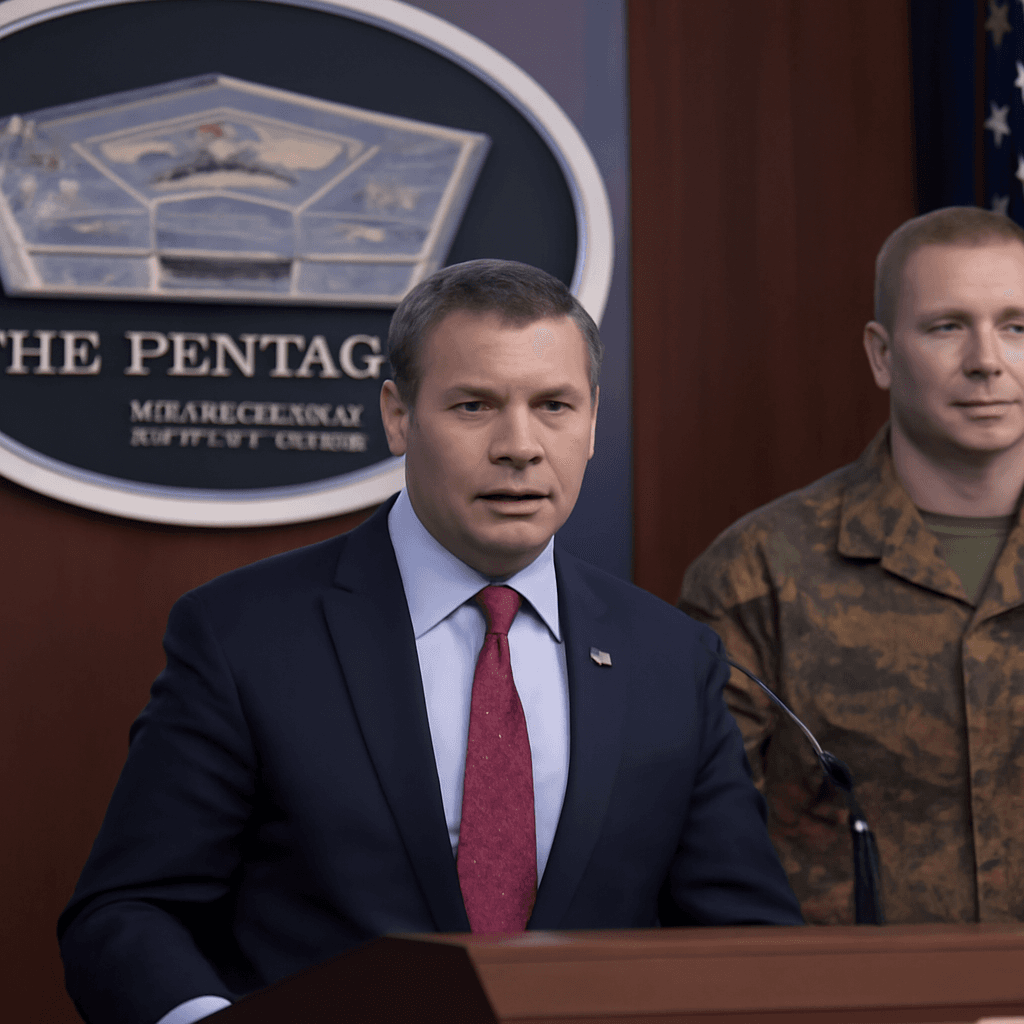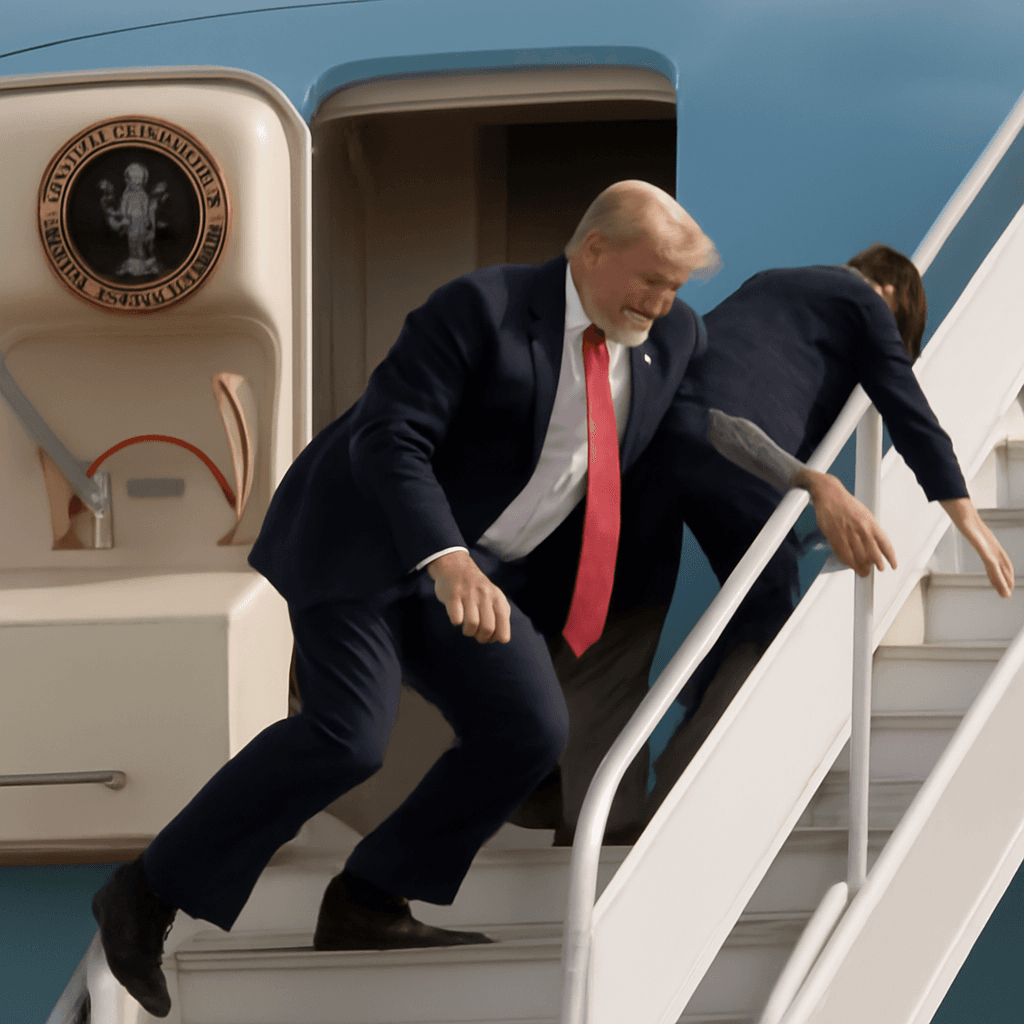Troops Deployed Amid Surging Protests Over Immigration Raids in LA
California witnessed intense protests as National Guard troops were deployed to Los Angeles to support federal immigration enforcement efforts. The demonstrations, now stretching into their third day, erupted in response to recent federal immigration raids, sparking fierce clashes between protesters and law enforcement.
National Guard Presence and Rising Tensions
Approximately 300 National Guard members, alongside Department of Homeland Security personnel, were positioned around federal buildings downtown to safeguard government property and personnel. However, unrest escalated as police declared several gatherings "unlawful assemblies", citing incidents where protesters reportedly hurled concrete, bottles, and other projectiles.
Videos circulated showing self-driving Waymo cars engulfed in flames on a bustling downtown street. The Los Angeles Police Department (LAPD) responded by deploying mounted officers in an effort to regain control. Meanwhile, some demonstrators blocked the major 101 Freeway, chanting slogans and waving Mexican flags in opposition to immigration enforcement policies.
Governor Newsom Labels Deployment Unlawful and Dictatorial
California Governor Gavin Newsom slammed the federal troop deployment as unlawful and an overreach of authority. Taking to social media, Newsom accused the administration of inciting chaos and described the actions as resembling those of a dictator rather than a president. He urged the federal government to withdraw the deployment order immediately.
"Inciting and provoking violence, creating mass chaos, militarizing cities, arresting opponents — these are the acts of a dictator, not a President."
The White House pushed back against these claims, stating that the troops were responding to widespread "chaos, violence, and lawlessness."
Federal Response and Trump's Stance
Despite the escalating rhetoric, President Trump has not yet invoked the Insurrection Act, a law that would authorize military intervention to quell civil unrest. Speaking in New Jersey, Trump condemned the protests, branding participants as "violent, insurrectionist mobs" and warning of forceful law enforcement action. His cabinet members were instructed to take all necessary steps to halt further unrest.
Trump even suggested a hardline approach toward demonstrators who disrespect law enforcement, saying, "If they spit, we hit."
Meanwhile, the FBI announced a $50,000 reward for information leading to the arrest of an individual responsible for throwing rocks at police vehicles and injuring a federal officer in Paramount.
Local Leaders Weigh In Amid Rising Concerns
Los Angeles Mayor Karen Bass criticized the federal government's decision to send troops, blaming it for inflaming tensions. At the same time, she condemned violent actions by certain protesters, emphasizing the need for peaceful demonstrations.
Immigration advocate Vanessa Cardenas accused the administration of deliberately stoking conflict to justify power abuses, while Homeland Security Secretary Kristi Noem assured that the National Guard would protect both peaceful protesters and law enforcement alike.
Immigration Enforcement and Community Impact
President Trump’s aggressive immigration policies aim to deport record numbers of undocumented individuals and to strengthen border security, setting a target of at least 3,000 migrant arrests per day. Many affected are from Los Angeles’ sizable Hispanic and foreign-born population, heightening community tensions. The sweeping raids have sparked legal challenges, as some arrested individuals hold legal or permanent resident status.
Mexican Leadership Voices Opposition
Mexican President Claudia Sheinbaum openly criticized the U.S. approach, condemning the raids and troop deployment. She urged for comprehensive immigration reform through dialogue rather than forceful tactics, emphasizing collaboration over confrontation.
Legal Ambiguity Surrounding Troop Deployment
Trump’s justification references Title 10 of the U.S. Code, which permits deployment of the National Guard in cases of rebellion or threat against federal authority. However, the law requires orders to pass through state governors, placing the legality of the deployment—absent Governor Newsom’s consent—in question.
The president’s directive emphasizes protection of ICE personnel and federal property in areas where protests have occurred or are anticipated. Still, the constraints on National Guard activities under Title 10 limit their role from engaging in traditional law enforcement.
Looking Ahead
With tensions simmering and calls for both enforcement and reform growing louder, Los Angeles remains on edge. The possibility of further federal troop activations looms, with the Pentagon alerting active-duty Marines near Camp Pendleton for possible deployment should violence escalate.
As protests continue, city leaders, community advocates, and federal officials face mounting pressure to find a path forward that balances security, civil rights, and humanitarian concerns.

